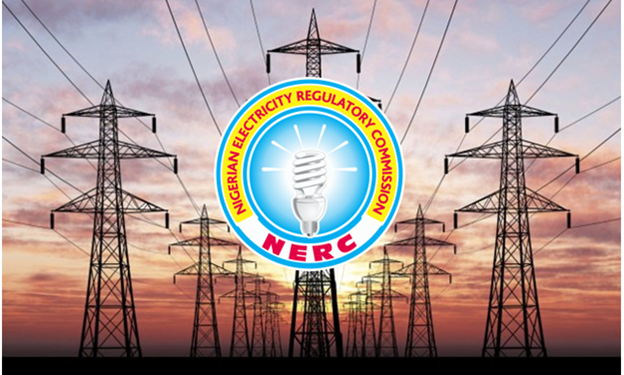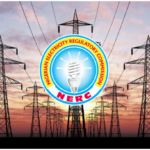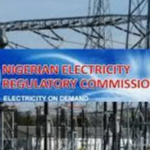The Nigerian Electricity Regulatory Commission (NERC) has stated that the Enugu Electricity Regulatory Commission (EERC) lacks the regulatory power to fix the electricity price when the power is generated and transmitted from the national grid.
Also read; President Tinubu approves establishment of South-East Investment Company
Punch reported that a public notice issued by NERC on Thursday night clarified that although the 2023 Electricity Act empowers states to regulate electricity within their jurisdictions, such regulatory powers do not override the authority of the National Assembly to legislate on electricity matters across the federation.
Investogist reported that EERC had issued a new tariff to MainPower Electricity Distribution Limited, the utility that succeeded Enugu Electricity Distribution Company (EEDC) for electricity distribution in the state.
The EERC directive says that starting from August 1, 2025, Band A customers in Enugu will be paying ₦160 per Kwh, down from ₦209 per Kwh, effective from August 1, 2025, while other Bands B, C, D and E prices will remain the same.
The National electricity regulatory body said, “States do not have jurisdiction over the national grid and over electric power stations established under federal laws/operating under licences issued by the Commission; they must holistically incorporate the wholesale costs of grid supply to their states without any qualification or deviation in their design of tariffs for end-use customers in order not to distort the dynamics of the market or be prepared to make a policy intervention by way a subsidy for any deviation in the tariff structure that distorts the wholesale generation, transmission and legacy financing costs in NESI.”
“The commission’s attention has been drawn to the increasing stakeholders’ concerns on the Tariff Order (Order No. EERC/2025/003) issued by the Enugu State Electricity Regulatory Commission (“EERC) to its Licensee, Mainpower Electricity Distribution Limited, that relies exclusively on electricity supply (generation and transmission) from the national grid. NESI stakeholders have expressed concern about the consequences of reducing tariffs for Band A customers in MEDL’s network area to NGN 160.4 per kWh and freezing tariffs for customers in the other bands, based on wholesale generation and transmission costs, as well as financing costs for legacy obligations in NESI.
“It is pertinent to state that the NGN160.4 per kWh was arrived at largely by reducing the current average Generation Tariff of NGN112.60 per kWh to NGN45.75, with an assumption of a subsidy component, a difference of N66.85 per kWh.”
It added that Section 34(1) of the EA places a statutory obligation on the commission to “create, promote and preserve efficient electricity industry and market structures, and ensure the optimal utilisation of resources for the provision of electricity and we are also aware that EERC as a sub-national electricity regulator also has a similar statutory obligation in their enabling law, and neither NERC nor EERC as responsible regulatory institutions would take decisions that expose the national grid and wholesale electricity market to a financial crisis in contravention of express powers granted to them by the Constitution.”
It added that the commission is currently engaging EERC on their tariff order as it relates to any perceived area of misinterpretation/misunderstanding on wholesale generation and transmission costs on their import of power from the national grid and grants further assurances of its unwavering statutory commitment that the electricity market will be made whole in terms of cost recovery in compliance with the laws of the Federal Republic of Nigeria.
Enugu State Electricity Regulatory Commission (EERC) is an independent body established in 2023 by Enugu State Electricity Law. Its mission is to regulate electricity supply and develop a robust electricity market within Enugu State.
Background
- In June 2024, President Bola Tinubu assented to the electricity bill, which authorises states, companies, and individuals to generate, transmit and distribute electricity.
- On October 22, 2024, Enugu State took control of electricity regulation with the launch of the Enugu State Electricity Regulatory Commission.
- Nigeria Electricity Regulatory Commission (NERC) transfer regulatory oversight to the EERC.
- EERC licensed Mainpower Electricity Distribution Limited to replace the Enugu Electricity Distribution Company (EEDC) in distributing electricity in Enugu State. Mainpower is a subsidiary of the EEDC, which has been in charge of power distribution in the South-east.
- The Commission also licensed Fedikore Limited to build a power plant with a capacity of 10 megawatts.
Nnamdi Maduakor is a Writer, Investor and Entrepreneur






















































